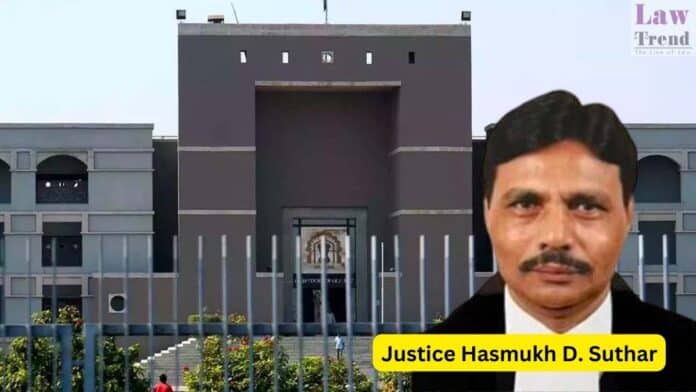In a recent ruling, the Gujarat High Court granted bail to an individual who was booked under multiple sections of the Indian Penal Code (IPC), including Section 377, which pertains to unnatural offences. The Court noted that, prima facie, the relationship between the applicant and the complainant appeared to be consensual, making this a significant
To Read More Please Subscribe to VIP Membership for Unlimited Access to All the Articles, Download Available Copies of Judgments/Order, Acess to Central/State Bare Acts, Advertisement Free Content, Access to More than 4000 Legal Drafts( Readymade Editable Formats of Suits, Petitions, Writs, Legal Notices, Divorce Petitions, 138 Notices, Bail Applications etc.) in Hindi and English.




